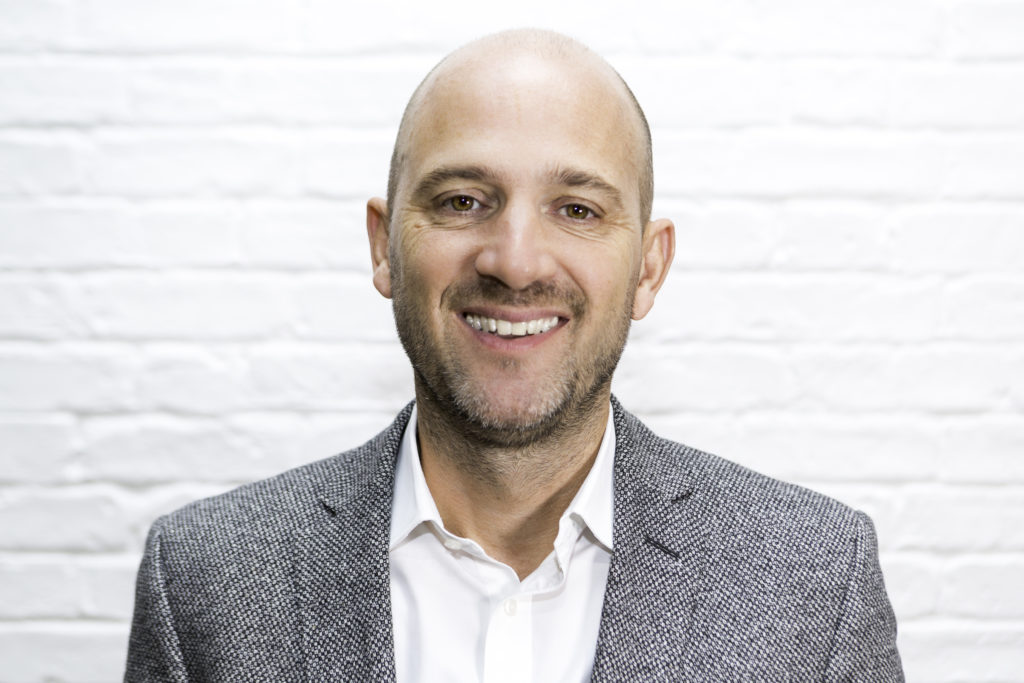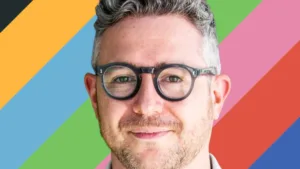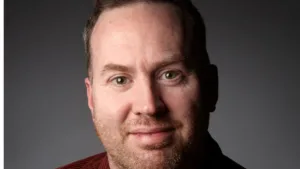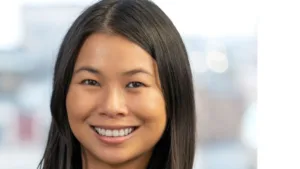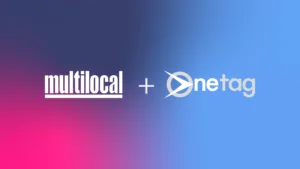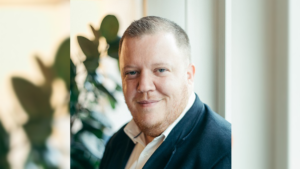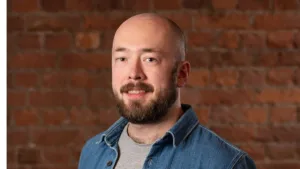The digital industry’s not really about technology, it’s about people. The digital economy is supported by technology but is conceived, created and developed by people, the heroes of digital.
But who are their heroes? Who inspired, supported and taught them along their journey and to become digital heroes?
We want to find out. So, we’re asking some of our industry’s leading figures to nominate their digital hero and to explain what’s so special about them.
The ebullient Marco Bertozzi, Vice President, Europe at Spotify, has been one of the driving forces in digital for almost twenty years, with claims to fame including setting up Publicis Groupe’s programmatic operation Audience On Demand in Europe in 2010.
Who is your digital hero?
The late, great Curt Hecht. He was the original CEO of VivaKi Nerve Centre, the digital innovation hub at Publicis Media, and he founded Audience on Demand.
What did he do to win hero status in your eyes?
Curt was the first leader to instil in me the importance of getting out of the office and attending events, talking to companies and learning from the people around you. At a time when CES or Cannes were considered by many to be nothing other than ‘jollies’ he used to argue that if all you did was get your information third hand from a Google rep, then you were not interesting to clients.
A client is going to be far more interested to hear that you just came back from Cupertino yourself, than hearing what someone else told you they heard there. At the time that was hugely refreshing and in a world that is becoming slightly too local, I feel it was an important lesson in looking outwards, not inwards.
How has their heroism helped drive digital?
I would argue that Curt was The Godfather of the Trading Desk.
When VivaKi Nerve Center announced in 2008 that we were launching a platform to allow buyers access to all the top inventory partners at the time – Google, AOL etc, he was a mile ahead of the curve.
His work spawned not just the biggest trading desk in the world, it started the whole programmatic ecosystem and all the amazing data and targeting opportunities we now have access to.
On top of that, he never took no for an answer and would routinely come to countries in Europe and berate the CEOs for being so slow in adopting RTB and Audience on Demand. He had no qualms about doing this, even when they were Global CEOs, he just knew where he was heading and wanted to bring others along with him.
What are the biggest challenges in digital we need another hero to solve?
Digital needs to simplify. It needs to declutter, we need to go back to basics.
Our expectations of digital media are so low. Someone watching an ad for 2 seconds – or worse, a person watching an ad for two seconds and partially in view – is just not acceptable anymore. Advertisers need to demand more and pay more for higher quality.
I would like to see premium publishers banish the clickbait and move to premium solutions with real viewability, significant share of voice and quality parameters in place. That’s why I’m now proud to work at Spotify, where we offer that kind of quality solution for clients, as well as a great deal for fans.
We now need an advertiser or two to stand up and raise the bar so high that it starts a revolution instead of this race to the bottom in terms of quality and price like we’re now seeing.
What is your most heroic personal achievement so far in digital?
I started Audience on Demand in Europe in 2010. Back then it was just me and a laptop and it became a multi-million-Euro, multi-market operation at a time when the world was still in love with ad networks.
At the time I had some help and support, but also many detractors, most of whom reversed their opinions over the course of 5-6 years. That was really satisfying to eventually see, but it was frustrating it took so long.
The management team of Audience on Demand during those years, 2010-2014, they know who they are, were a great group and we achieved so much together.


